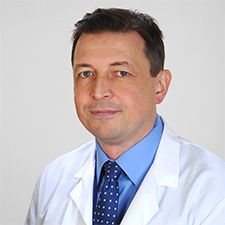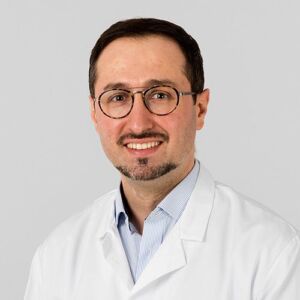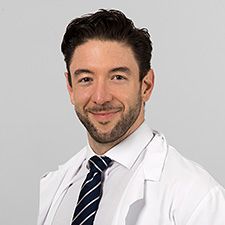Various treatment options
There are various treatment options for DAVF:
- Endovascular embolization: The most commonly used treatment is endovascular embolization. In this minimally invasive procedure, the malformation is reached and treated via the arteries and veins. During the procedure, we insert plastic tubes (catheters) through the femoral artery and vein into the vessels affected by the DAVF. We inject embolizing agents or introduce material that closes the vessels of the malformation.
- Neurosurgical treatment: In some cases it is possible to close the DAVF neurosurgically.
- Conservative treatment: In certain cases, conservative treatment (without surgery) is preferred. This is done after thorough consideration of the disease risks compared to the risks/success of invasive treatment.



